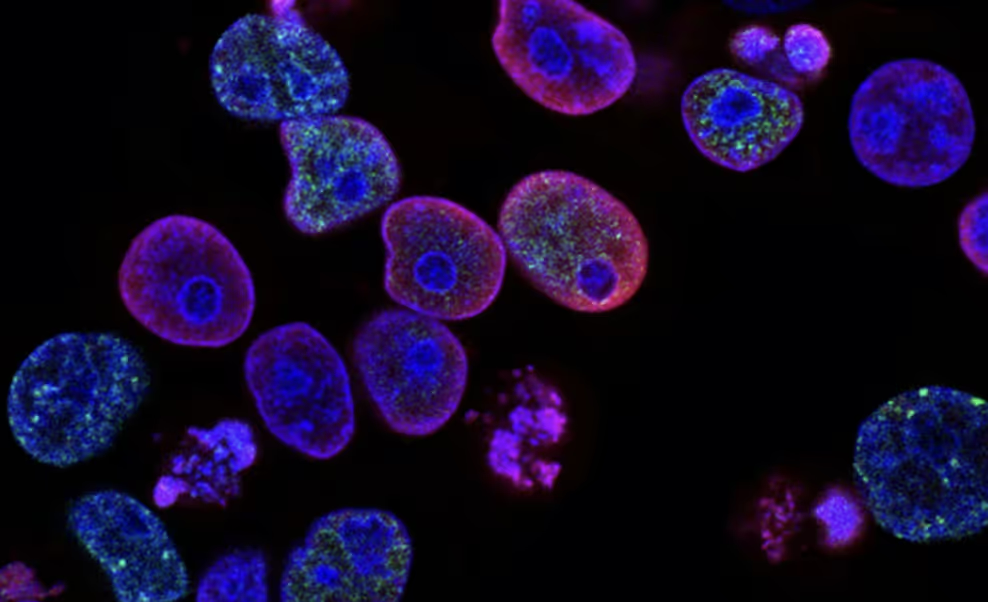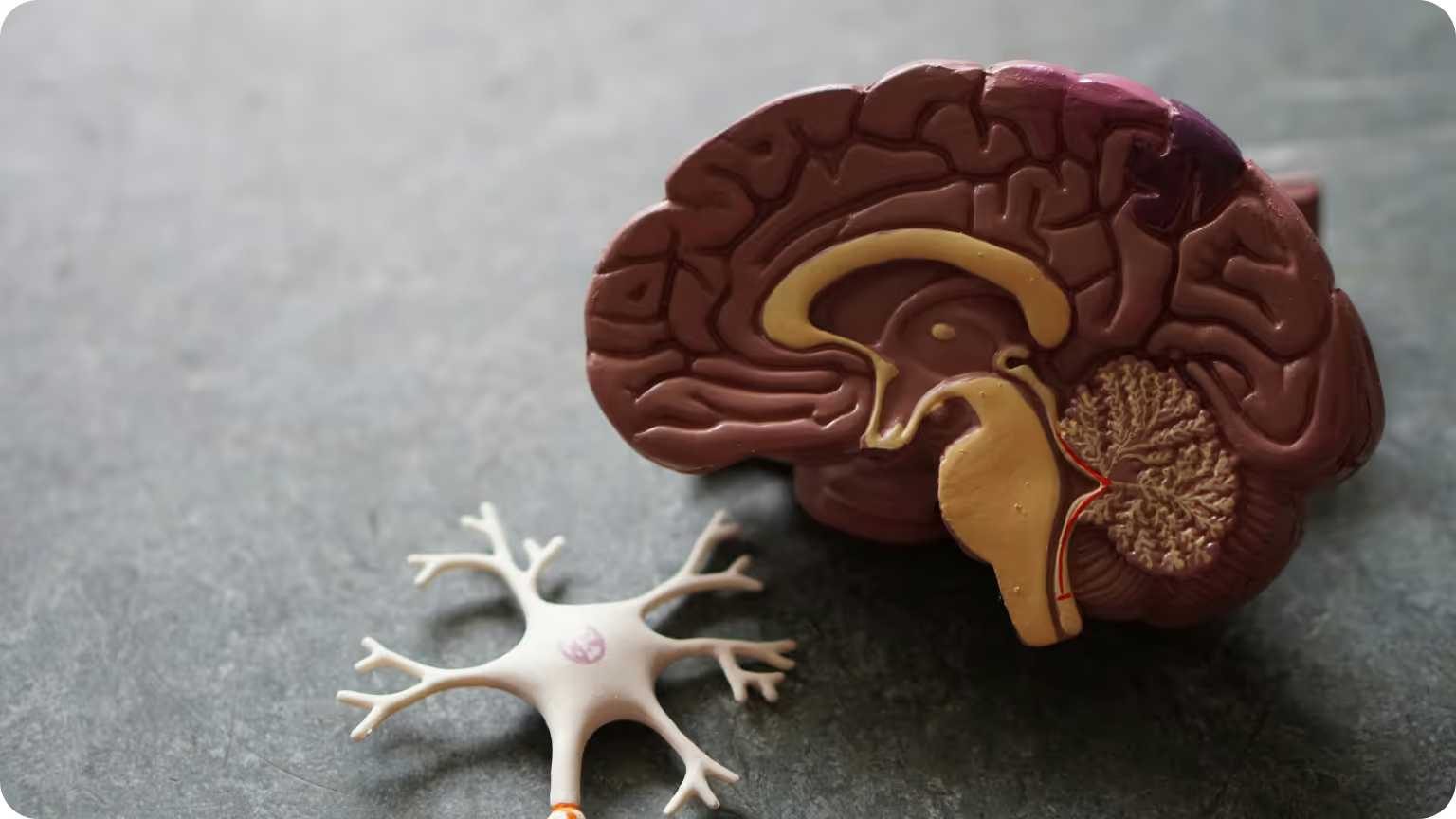The Science Behind Intermittent Fasting and Its Health Benefits
Explore the science and benefits of intermittent fasting. Learn how to start safely, avoid common mistakes, and improve your health through this proven eating pattern.

It’s not about what you eat but when you eat it. Intermittent Fasting alternates between fasting and eating windows.

Fasting lowers insulin, raises growth hormone, and switches the body from burning sugar to fat.
This “metabolic switch” boosts energy use, lowers cholesterol and blood pressure, improves memory and cognitive function, and could potentially lead to a longer lifespan.
Done right, intermittent fasting can transform health.
The key: start slow, stay consistent, and make it sustainable.
As a doctor, I’ve seen countless fad diets come and go. But intermittent fasting is different. This eating pattern, which alternates between periods of eating and fasting, isn’t just another passing trend. It’s backed by solid science showing real health benefits. Today, I’ll explain exactly what intermittent fasting is, the science behind it, the health benefits, how to get started safely and common mistakes to avoid.
Intermittent fasting is an eating pattern that alternates between periods of fasting and eating. Unlike traditional diets, intermittent fasting doesn’t focus on what you eat, but rather on when you eat. As a doctor, I’ve seen growing interest in this approach, which can offer several health benefits.
There are various ways to practise intermittent fasting:
During fasting periods, your body undergoes several changes. Hormone levels shift, with human growth hormone increasing and insulin decreasing. These hormonal changes can facilitate fat burning and potentially improve various aspects of your health.
It’s crucial to note that intermittent fasting isn’t suitable for everyone. Pregnant women, those with certain medical conditions, and individuals with a history of eating disorders should avoid this approach. Always consult with a healthcare professional before starting any new eating regimen.
Intermittent fasting can deliver big results, but only if your body is ready. Everlab tests help you understand your baseline so you can fast with confidence.
Intermittent fasting (IF) isn’t just skipping meals. It’s a powerful metabolic switch that can transform your body’s functioning. When you fast, your body shifts from using glucose as its primary fuel source to burning stored fat. This metabolic flexibility can improve insulin sensitivity, lower blood pressure, and decrease appetite, even without significant weight loss.
During fasting periods, your body initiates crucial cellular repair processes. This includes autophagy, where cells break down and recycle old, damaged proteins. Research suggests that these processes may enhance thinking and memory, improve heart health, and potentially reverse type 2 diabetes and obesity.

Intermittent fasting triggers significant hormonal changes. It increases human growth hormone levels, which aids fat-burning and muscle gain. Studies have shown that intermittent fasting can reduce levels of inflammatory markers like IL-6 and TNF-alpha, associated with various chronic diseases. These hormonal shifts contribute to improved glucose homeostasis and lipid profiles, making intermittent fasting a promising approach for metabolic health.
Remember, while the science is promising, intermittent fasting isn’t for everyone.
As a doctor, I’ve seen firsthand how intermittent fasting can transform health. This eating pattern, which alternates between periods of fasting and eating, offers a range of benefits that go beyond just weight loss.
Intermittent fasting can significantly enhance metabolic health. It improves insulin sensitivity and reduces the risk of type 2 diabetes. By allowing the body to burn fat stores, a process called “metabolic switching”, can lead to more efficient energy use.
Your heart health can also improve with intermittent fasting. Studies have shown it can lower blood pressure, resting heart rate, and cholesterol levels. These changes all contribute to better overall cardiovascular health. Moreover, adopting intermittent fasting could impact your coronary calcium score, a key marker of heart disease risk.

One of the most exciting benefits is its potential impact on longevity. Intermittent fasting triggers a cellular process called autophagy, which removes damaged cells and proteins. This “cellular housekeeping” may protect against age-related diseases and potentially extend lifespan.
Intermittent fasting has been linked to improved thinking and memory. It may also offer protection against neurodegenerative diseases like Alzheimer’s, though more research is needed in this area.

As a doctor, I often recommend starting with the 16/8 method when beginning intermittent fasting. This approach involved fasting for 16 hours and eating within an 8-hour window. It’s a simple, sustainable way to ease into the practice.
1. Choose Your Fasting Window
Select a fasting period that aligns with your lifestyle. Many find success with fasting from 8pm to 12pm the next day. This allows for a normal dinner and skipping breakfast.
2. Start Slowly
If you’re new to fasting, ease into it by gradually increasing your fasting period. Begin with a 12-hour fast and work your way up to 16 hours as your body adjusts.
3. Stay Hydrated
Hydration is crucial during fasting. Drink plenty of water, black coffee, or unsweetened tea to avoid dehydration and headaches.
4. Plan Nutrient-Dense Meals
During your entire window, focus on nutrient-rich foods. Lean proteins, healthy fats, and plenty of vegetables should be the cornerstone of your meals. This ensures you’re getting essential vitamins and minerals. Avoid breaking your fast with raw, fibrous foods or heavy, greasy meals that might upset your digestion.
5. Listen to Your Body
Remember, flexibility is key. It’s okay to adjust your fasting schedule for special occasions or when your body needs nourishment. Pay attention to how you fel and be willing to modify your approach.
Always consult with a healthcare professional before starting any new dietary regimen, especially if you have existing health conditions.
As a doctor, I’ve see many patients stumble on their intermittent fasting journey. Let me share some common pitfalls to help you stay on track.
Overindulging During Eating Windows
One of the biggest mistakes is treating non-fasting days as a free-for-all. Remember, intermittent fasting isn’t a license to binge. Maintain a balanced, nutrient-rich diet during eating periods to reap the full benefits.
Neglecting Proper Nutrition
Skimping on protein or relying on carb-heavy foods can make fasting difficult. Focus on quality proteins and fats to stay satiated longer. Meal planning is key to ensure you’re getting adequate nutrition during eating windows.
Pushing Too Hard, Too Fast
Diving headfirst into extreme fasting can lead to burnout. Start slowly, gradually adjusting your eating window. Listen to your body and be flexible with your schedule. Remember, sustainability is crucial for long-term success.
Overlooking Hydration
Staying hydrated is vital during fasting periods. Don’t mistake thirst for hunger. Drink plenty of water and avoid sugary or artificially sweetened beverages that can interfere with hunger signals.
By avoiding these common mistakes, you’ll be well on your way to mastering intermittent fasting and reaping its numerous health benefits.
Intermittent fasting can be a game-changer, offering a simple yet powerful way to improve your health and well-being. The science is clear - this approach offers powerful benefits for weight, longevity, and disease prevention. While not a magic bullet, intermittent fasting is a valuable tool when done properly. Start slowly, listen to your body, and consult your physician before making major changes. With patience and consistency, you may find intermittent fasting to be the key that unlocks better health and vitality as you age. The potential rewards are significant for those willing to adjust their eating patterns. I encourage you to consider if intermittent fasting could be right for you.




Join 1000's of Australians improving their health with proactive, personalised healthcare.